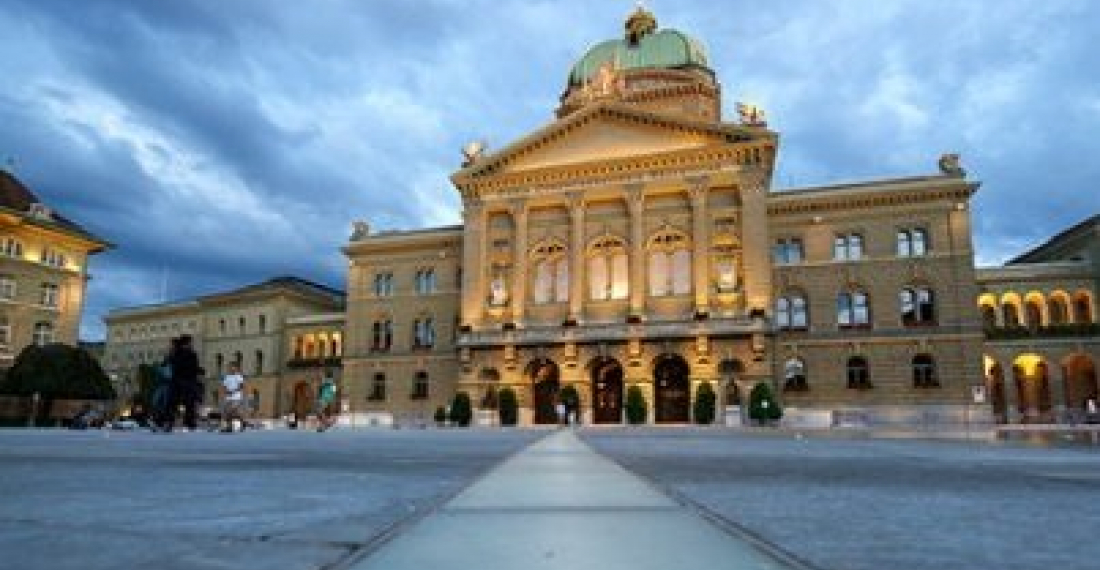The Swiss Federal Department for Foreign Affairs FDFA) said in a statement on Tuesday (5 February) that negotiations between Russia and Georgia with Swiss mediation, on issues related to customs, administration and trade in goods, have been successfully concluded, thus putting in place the mechanisms envisaged in an agreement between the two countries signed in 2011.
The Swiss Government statement said:
Under the aegis of Switzerland's good offices, the negotiations have been concluded and the conditions to implement the customs agreement signed by Georgia and Russia in 2011 are in place. Switzerland will continue to play an active role in this new phase, by chairing a Joint Committee supervising the implementation of the agreement. On 6 February 2019, a first meeting of the Joint Committee will take place in Geneva, gathering Georgian, Russian and Swiss representatives.
On 9 November 2011 the Georgian and Russian governments signed a bilateral agreement in Geneva regulating the basic principles for customs administration and monitoring of trade in goods. The agreement stipulates that traded goods crossing three predetermined customs corridors are to be subject to a monitoring mechanism, under the supervision of a neutral private company. The agreement was part of the set of agreements concluded by Georgia and Russia in the course of the accession of the Russian Federation to the WTO.
Since the signature of the customs agreement, Switzerland acted as a ‘neutral third party' in order to facilitate its implementation. This included assisting to determine the neutral private company to be mandated by the two States Parties - SGS (Société générale de surveillance SA) based in Geneva. Switzerland also proposed a financial mechanism to facilitate payments to SGS by providing an account for the funds transferred by Georgia and Russia. Switzerland furthermore agreed to chair the Joint Committee provided for by the customs agreement, whose tasks are to supervise the implementation of the customs agreement and clarify the existing open questions, settle potential disputes and deploy specialists where needed.
Since the signing of the customs agreement in 2011, the FDFA has facilitated several rounds of discussions between Russia, Georgia and SGS. All the relevant texts could finally be signed in 2018, marking the end of the negotiation phase.
Russia and Georgia do not have diplomatic relations. The two countries are represented in ech other's capitals through offices (interest sections) under the Swiss flag.
source: commonspace.eu with the Swiss federal Department for Foreign Affairs, Bern
photo: The Swiss Federal department for foreign Affairs in Bern (archive picture)






